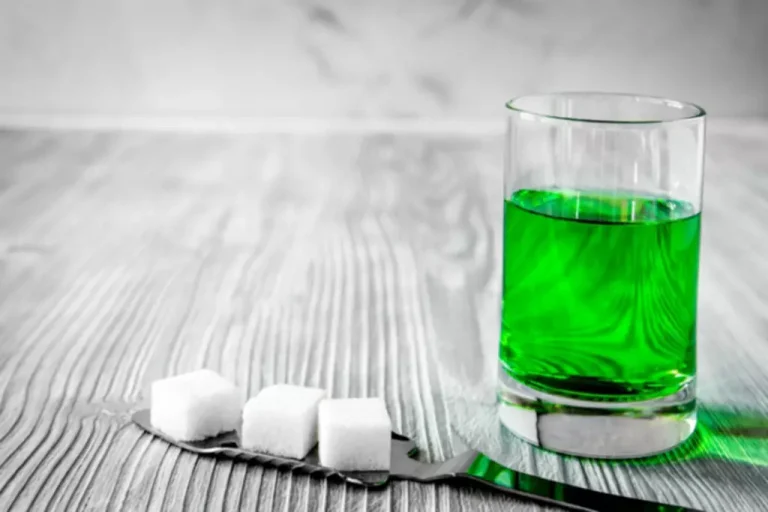
It affects parts of your brain responsible for movement, memory, self-control, and basic functions like hunger and thirst. Jennifer Chesak is a freelance medical journalist, editor, and fact-checker with more than two decades of experience and bylines in several national publications. Instead, each participant randomly lost the game about half the time and was led to believe another person was delivering shocks to them during each loss.
How alcohol contributes to aggression
These neurochemical changes are correlated to some behavioral symptoms, such as disinhibition, and also relate to some psychological factors. The connection between alcohol and rage can be understood by looking at changes in the brain. When we drink the alcohol in our bloodstream reaches our brain within about five minutes.
The Experience Blog

There’s no better way to put it — properly addressing alcohol-fueled aggression is crucial for your well-being and relationships. By seeking recovery for problems with alcohol and anger, you can work toward a more positive life. When you heavily consume alcohol, your prefrontal cortex becomes damaged, altering https://ecosoberhouse.com/article/does-alcohol-dehydrate-you/ your decision-making capabilities. Therefore, people who rely on drinking as a coping mechanism can be more inclined to make rash choices, such as having unprotected sex or getting into a car with a stranger. Furthermore, alcohol can make you focus too much on specific words or behaviors from other people.
- At Sabino Recovery, our residents have found relief through comprehensive assessments and evidence-based treatment approaches tailored to their unique needs.
- This disinhibiting aspect of alcohol in effect paves the way for feelings to dominate thoughts and behavior.
- The co-treatment of alcohol recovery and anger management can be a very individualized process that may change according to your needs.
- People recovering from alcohol misuse or addiction often experience difficult, painful emotions.
Moderate Your Drinking
It can be harder for someone under the influence of alcohol to notice typical warning signs that emotions, especially anger, may be getting out of control. Alcohol impairs cognitive function, which means it is more difficult to problem-solve, control anger, and make good decisions when drinking. Decreased cognitive function also means it’s more likely for you to misread a situation and overreact.
- It’s equally important that psychotherapists highlight this interaction both with clients who consume alcohol and those in relationships with them.
- Crystal Raypole has previously worked as a writer and editor for GoodTherapy.
- These programs organize your treatment session based on your schedule.
- Alcohol makes it more difficult to control anger and other emotions.
- Since your judgment becomes clouded when you’re intoxicated, a simple misunderstanding can quickly turn into a bar fight.
Neurochemical Changes
- These situations likely spark emotions when you think about them — perhaps you feel embarrassed or ashamed.
- Sharing responsibilities can take the weight off someone’s shoulders just enough to provide relief.
- Recent studies have shown a connection between alcohol-induced rage syndrome and factors like neuroinflammation and the serotonin 2b receptor gene.
- One study supporting this finding enlisted 245 men with a history of heavy episodic alcohol use (Berke et al., 2020).
- We recently launched our in-app chatbot, Melody, powered by the world’s most powerful AI technology.
- Impulsive attacks and angry outbursts occur suddenly, with little or no warning.
This impact can begin to take place after just one drink, depending on the person and other factors, he adds (2). You must be consistent with refusing to accept poor behavior; this includes emotional and verbal abuse. If they are violent towards you or their behavior is otherwise inadequate, you must contact the proper authorities. If you try, alcoholic rage syndrome you will only be putting yourself in harm’s way and possibly end up fueling their addiction by being coerced into enabling it. You mustn’t allow yourself to get sucked into the abuse cycle with the alcoholic. An alcoholic, when intoxicated, will often feel a sense of grandiosity and entitlement, as if they are better than everybody else.
- Suggesting counseling or therapy may not always be well received in an angry moment, so consider waiting until a calm period to discuss possible treatment options.
- Try talking to your treatment sponsor, accountability partner, or member of a peer support group.
- It also raises the risk for negative consequences of outbursts related to explosive and uncontrolled anger.
- Interestingly, those in the control group tended to misidentify expressions as happy.
“Keep in mind that any amount of drinking can influence emotions and behavior,” O’Brien says. Alcohol can fuel rage or aggressive behaviors even when a person isn’t intoxicated. The tendency to avoid looking ahead and assessing consequences for one’s actions is a risk factor for aggressive behavior while drinking. That may sound obvious, and it’s a theory backed by a small, interesting 2012 study from Ohio State University (9). In summary, heavy drinking or chronic drinking alters brain chemistry in the short and long term.

Definition and Symptoms
They may have powerful mood swings that seem to change their personality. Relationships may deteriorate, as their social circle narrows to other drug or alcohol users. Their work may decline as well, and they may lose a spiritual or religious practice they once valued. Seeking treatment for rageaholic behaviors can be critical for learning how to cope and maintain relationships. Suggesting counseling or therapy may not always be well received in an angry moment, so consider waiting until a calm period to discuss possible treatment options.
The best decision you can make is often the most difficult because it may involve putting your life, your family and your career on hold. But entering treatment is the best way to show the people you’ve harmed with your anger that you’ve made a commitment to change. The ultimate goal is to help them get into a treatment program that addresses their substance abuse and the way it causes them to behave. But this is often easier said than done, and mean drunks can turn violent when provoked — meaning that if you share a living space with one, your safety should be your main priority. Many people with “angry drunk” tendencies also end up on the wrong side of law. Factors like underlying personality traits, neurochemical makeup, and even the presence of disorders like antisocial personality disorder (ASPD) can influence alcohol-related aggression.



